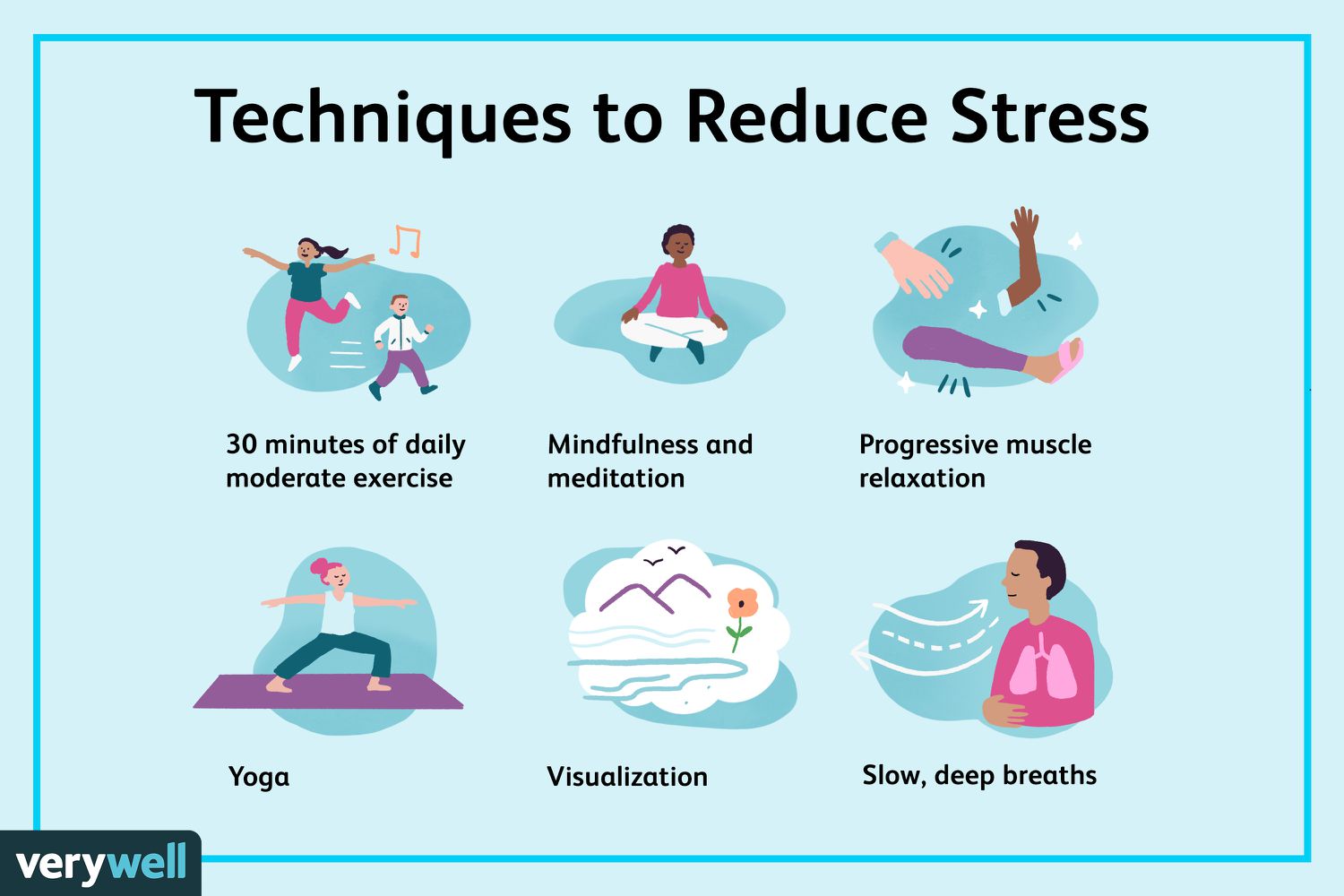Understanding the Importance of Sleep for Physical and Mental Well-being
Sleep is often undervalued in our fast-paced society, yet it plays a crucial role in both physical and mental health. Quality sleep is essential for overall well-being, affecting everything from cognitive function and mood to immune function and cardiovascular health. In this article, we’ll delve into the importance of sleep for physical and mental well-being and explore how you can improve your sleep habits for a healthier life.
#### The Role of Sleep in Physical Health
Quality sleep is vital for maintaining optimal physical health. During sleep, the body undergoes a variety of essential processes that support overall well-being:
1. **Restoration and Repair:** Sleep is a time for the body to repair tissues, consolidate memories, and release growth hormones essential for growth and development.
2. **Immune Function:** Adequate sleep is crucial for a robust immune system. Sleep deprivation has been linked to an increased risk of infections and illnesses.
3. **Weight Management:** Lack of sleep can disrupt hormones that regulate appetite, leading to increased hunger and cravings for high-calorie foods. Chronic sleep deprivation has been associated with weight gain and obesity.
4. **Heart Health:** Quality sleep is essential for heart health. Chronic sleep deprivation has been linked to an increased risk of hypertension, heart disease, and stroke.
#### The Impact of Sleep on Mental Well-being
In addition to its physical benefits, sleep also plays a critical role in mental health and emotional well-being:
1. **Cognitive Function:** Sleep is essential for cognitive function, including memory consolidation, learning, problem-solving, and decision-making. A good night’s sleep can enhance concentration and productivity.
2. **Emotional Regulation:** Quality sleep is essential for emotional regulation and mood stability. Sleep deprivation can lead to irritability, mood swings, and an increased risk of anxiety and depression.
3. **Stress Reduction:** Adequate sleep can help lower stress levels and improve resilience to life’s challenges. Sleep deprivation can exacerbate feelings of stress and make it harder to cope with daily stressors.
4. **Mental Health Disorders:** Chronic sleep disturbances are associated with an increased risk of mental health disorders, including depression, anxiety, and bipolar disorder.
#### Common Sleep Disorders
Despite the importance of sleep, many people struggle with sleep disorders that disrupt their sleep patterns and impact their overall well-being. Some common sleep disorders include:
1. **Insomnia:** Difficulty falling asleep or staying asleep, leading to poor sleep quality and daytime fatigue.
2. **Sleep Apnea:** Characterized by interrupted breathing during sleep, sleep apnea can lead to loud snoring, daytime sleepiness, and an increased risk of heart disease and stroke.
3. **Restless Legs Syndrome (RLS):** A neurological disorder characterized by an uncontrollable urge to move the legs, particularly at night, which can disrupt sleep.
4. **Narcolepsy:** A chronic sleep disorder characterized by excessive daytime sleepiness, sudden loss of muscle tone (cataplexy), and vivid hallucinations during sleep onset.
#### Tips for Improving Sleep Quality
Fortunately, there are many steps you can take to improve your sleep habits and enhance the quality of your sleep:
1. **Establish a Consistent Sleep Schedule:** Go to bed and wake up at the same time every day, even on weekends. Consistency helps regulate your body’s internal clock and promotes better sleep quality.
2. **Create a Relaxing Bedtime Routine:** Engage in calming activities before bed, such as reading, taking a warm bath, or practicing relaxation techniques like deep breathing or meditation.
3. **Create a Sleep-friendly Environment:** Make your bedroom conducive to sleep by keeping it cool, dark, and quiet. Invest in a comfortable mattress and pillows, and consider using white noise machines or earplugs to block out noise.
4. **Limit Exposure to Screens:** Avoid electronic devices like smartphones, tablets, and computers for at least an hour before bedtime, as the blue light emitted from screens can interfere with melatonin production and disrupt sleep.
5. **Limit Caffeine and Alcohol:** Avoid consuming caffeine and alcohol close to bedtime, as they can interfere with sleep quality and disrupt sleep patterns.
6. **Exercise Regularly:** Engage in regular physical activity during the day, but avoid vigorous exercise close to bedtime, as it can be stimulating and make it harder to fall asleep.
7. **Manage Stress:** Practice stress-reducing techniques such as mindfulness, yoga, or progressive muscle relaxation to help calm your mind and prepare for sleep.
#### Seeking Professional Help
If you continue to experience sleep disturbances despite implementing healthy sleep habits, it may be beneficial to seek help from a healthcare professional. A doctor or sleep specialist can evaluate your sleep patterns, identify any underlying sleep disorders, and recommend appropriate treatment options.
#### Conclusion
Quality sleep is essential for both physical and mental well-being, playing a critical role in overall health and functioning. By prioritizing sleep and adopting healthy sleep habits, you can improve sleep quality, enhance cognitive function, regulate emotions, and reduce the risk of chronic diseases. Remember, sleep is not a luxury—it’s a necessity for a healthy and fulfilling life. So prioritize your sleep, and reap the numerous benefits it has to offer.









